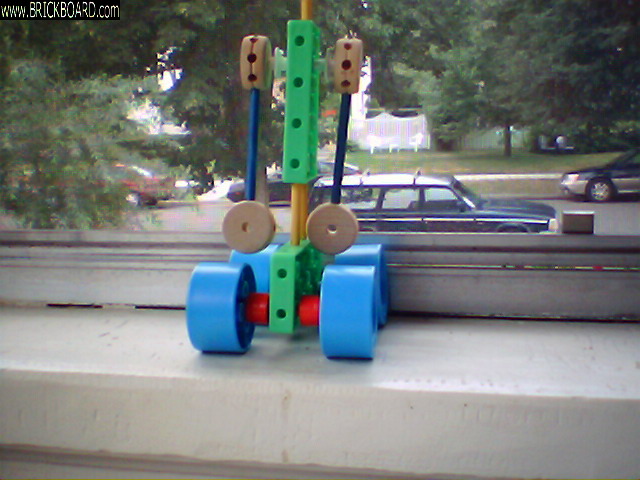|
A grinding noise, if coming from the brakes, is usually caused by a foreign object, such as a piece of gravel, lodged somewhere that it can contact rotating parts, or embedded in the surface of the brake pad. A similar situation can occur if the rotors are worn and have a ridge at the edge, and the pads are replaced. the old ones would be worn to accomodate that ridge, but the new ones would contact it first and this can cause noise (and poor braking) Another related possibility is a buildup of flaky rust on the rim of the rotor, which can also cause noises. These last two are probably not your problem, as you mentioned having recently replaced the rotors.
A sticking caliper will not cause noise until it has worn the pads away to nothing and the backing plates are starting to eat into the rotor. It would also cause the car to pull noticeably to one side.
An incorrect caliper bracket is quite obvious. I had this happen when I did mine. I have the 10 1/2" rotors on my 745 GLE, with Bendix brakes. One of the rebuilt calipers came with a bracket for a Turbo, with 11 1/2" rotors. Everything bolted together more or less normally, but when I put the pads in, it was apparent that something was wrong. The pad was radially displaced by about 1/2 inch, so that the friction material was halfway off the rotor. This would definitely cause noise, and poor braking, if one were to drive on such a mismatch.
If your problem is a failing wheel bearing (rare, in my experience) the noise will get louder when cornering in the opposite direction, which increases the load on the affected wheel. In your case, the noise is on the right, so it should get louder when turning left, if it is indeed the wheel bearing. If the noise does not vary with cornering load, it is probably something else.
|

